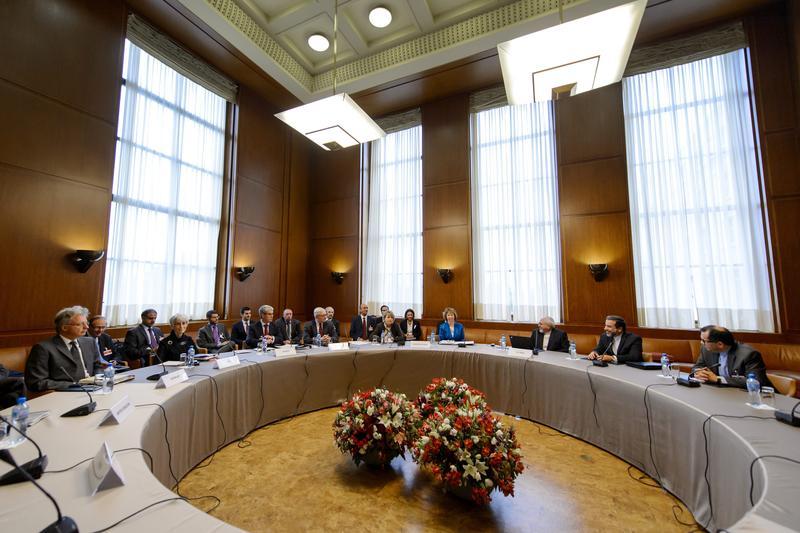What Marco Rubio doesn't get about negotiations with Iran.

Senator Marco Rubio has some ideas about how to "negotiate" with Iran:
And so the bottom line in any negotiations should be clear: the only way sanctions on Iran will be lifted or suspended is if they agree to completely abandon any capability for enrichment or reprocessing. Iran has a right to a peaceful civilian nuclear energy program, but it does not have the right to enrich or reprocess.Holding this line is especially important in light of Iran's repeated and blatant disregard of its international obligations. Even a limited enrichment program and possession of sensitive reprocessing technologies is unacceptable because it would keep the path to nuclear weapons open. In fact, until Iran agrees to abandon enrichment and reprocessing, Congress should move to implement a new round of additional sanctions without delay.
As Daniel Larison notes, the Iranians have repeatedly insisted that forsaking domestic enrichment is a non-starter. So what Rubio is actually insisting on is not a negotiated settlement, but Iranian capitulation. How likely is it that Iran will knuckle under to Rubio's demands?
According to Gallup, a majority of Iranians (56 percent) approve of a nuclear program for non-military use while only 34 percent support a militarized nuclear program (41 percent oppose). Gallup did not wade into the specifics of whether Iranians would be willing to forgo domestic enrichment for a non-military nuclear program, so it's possible there is some wiggle room on this question. Still, some form of indigenous nuclear program is popular in Iran even after the costs of that program to Iranian standards of living has risen.
There's another questionable assertion in Rubio's op-ed:
The main reason why Iran's leaders are making noises about negotiating with the world now is because, over the last few years, the United States and the European Union have imposed significant sanctions on Iran. Those sanctions are starting to hurt the regime.It has made it more difficult for them to export terrorism around the world. [Emphasis added.]
It's unquestionably true that sanctions have put the hurt on Iran, but it is absolutely not true that sanctions have thwarted Iran's ability to "export terrorism." In fact, we have rather clear evidence from the Washington Institute's Matthew Levitt that sanctions and the covert campaign of sabotage and assassination that the U.S. and Israel have unleashed on Iran have fueled the Islamic Republic's recent acts of international terrorism.
From the attempt on the Saudi ambassador's life in the U.S. to attacks in Bulgaria and thwarted attacks elsewhere, there is a fairly strong correlation between the increase in "pressure" on Iran and the increase in Iranian retaliation around the world.
(AP Photo)



